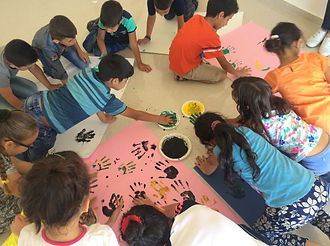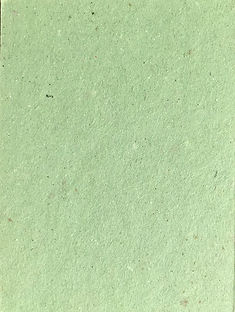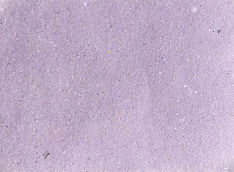
the Programs

The training we offer is based on the extensive experience we have accumulated over the years in conflict group encounters in Arab/Jewish society. We assume that even if each of us has identity components that overlap with others, some of the elements of identity* that exist in each one of us are in conflict with those of others. The personal and social mechanisms that produce and sustain these conflicts are similar. The training allows for personal, single- and multi-identity processes**, experiencing them both individually and as a group. The personal experience and the conceptualization that accompanies it enables teachers to understand when, why, and how each tool should be used in educational work, in daily context or in the context of a multi-identity, bi-national encounter.
* Components of identity - nationality, religion, gender, ethnic, origin,
and more.
** Single-identity - a group that is associated with a certain characterization within the identity component. Bi-Identity - a meeting between two identity groups, for example Mizrahi and Ashkenazi Jews.



Bi-National Teacher
Training
Training for the development and implementation of Encounter programs between Jewish and Arab Schools.
Do you want to bring other voices into the classroom? Do you want to create dialogues that are enabling and constructive? To cope with the conflicts in society in an open and honest atmosphere while acquiring tools for coping with difficult situations in the classroom?
The program is being led by ‘Windows – Channels for Communication’ with the support of the Center for Civic Education and Shared Life, the Ministry of Education, the Tel Aviv District and is intended for schools from all streams of education.

Shared Life Education Model
Developing a school/community model for shared life education - on a uni-national or bi-national basis.
We believe that in order to bring about a sustainable change in perceptions, there is a need for systematic action by the school management, student councils and the communities in which the schools operate.
Windows' educational staff is prepared to offer schools models of joint system work and to accompany them over time. In this framework, we will examine with the components of the school community the feelings and needs, perceptions and attitudes, and together we will formulate a multi-year work plan that will integrate the topic of shared life in the school environment

Outside School Program
The programs offered here are a part of a variety of programs developed in "Windows" and implemented over the years.
We will be happy to meet with you in order to examine the suitability of these and other programs to the needs and framework in which you operate, within the framework of formal and informal education.
It is important for us to adapt the programs to the human composition, the unique needs of each community, time and budget frameworks, and more. However, all of our programs are long-term programs designed to allow participants enough time to undergo significant processes.

working with windows' toolkit
Training teachers to lead a series of workshops based on guided reading of texts from the Hebrew-Arabic magazine 'Windows'.
The Arab-Hebrew magazine 'Windows" was published in 1995-2011 and served as a space for Palestinian and Israeli youth to share experiences, feelings, thoughts and opinions. The magazine was also distributed in schools and inspired teachers to prepare lesson plans around its contents in the framework of classes from civic studies and art to history, literature and more.
Windows' team also created lesson plans that were implemented by teachers or in workshops conducted by the staff itself. We collected the accumulated experience for a six-session program of 90 minutes. The program kit includes copies of the magazine lesson plans, a variety of activities and materials.
